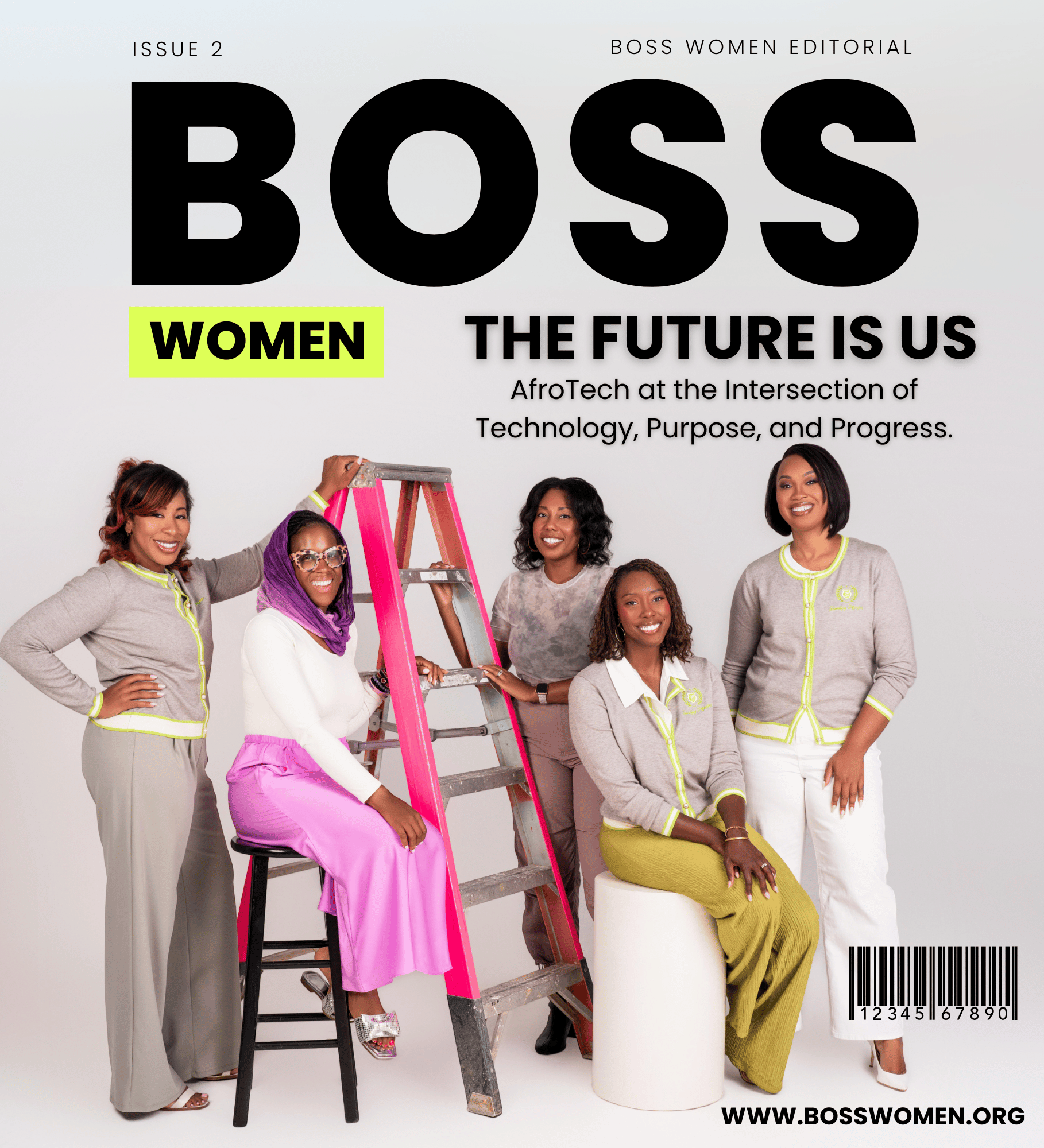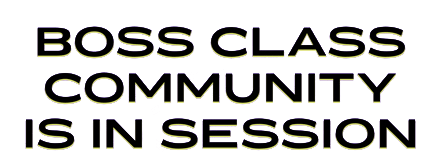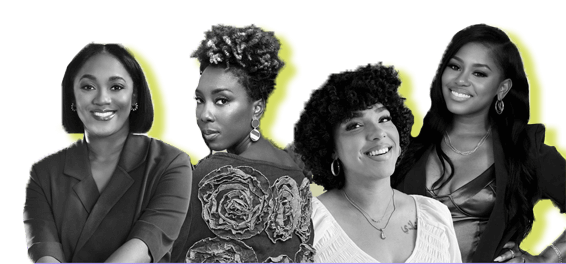As we know, diversity and inclusion are two things that must be talked about and practiced in every aspect of our lives, starting with the one place many of us spend majority of our time—work.
Diversity and inclusion stretches beyond the standard HR practices, and dives even deeper especially since it’s become more crucial than ever to embrace in the workplace. As an employee and a human being, it’s vital to understand how important the act of having a diverse and inclusive work environment is to everyone within the company. Because some tend to have different ideas and meanings of what diversity and inclusion is than others, it tends to be thrown down a long line of misinterpretations and “what ifs.”
When a company is diverse and inclusive, they are practicing “strategies to support a diverse workplace, and leverage the effects of diversity to achieve a competitive business advantage.” So what is diversity, equity and inclusion and what does it all mean? Keep reading to find out!
Diversity and Inclusion in the Workplace
A better hiring process
When your company is focused on diversity and inclusion, it can inspire changes within the company as to how they go about evaluating potential employees. This simply means, throughout the hiring process, if any group based on race, ethnicity, gender, sexual orientation, or anything else associated with diversity and inclusion is cut out—then your company probably isn’t practicing diversity and inclusion. Adjusting your hiring process to make sure it is as inclusive and diverse as possible will ultimately make for a better one.
Millennials seek diversity and inclusion within the workplace
Millennials are quickly taking over the workforce, and they are the ones that are seeking out diverse and inclusive opportunities. Now more than ever, millennials are now seeking more companies that represent diversity, inclusion and equality, which is extremely important because millennials have become the largest generation in the US workforce according to a study conducted by Pew Research.
Promotes creativity and innovation
When a company incorporates a diverse group of individuals into the workplace, they are able to gain a larger range of perspectives and ideas due to everyone bringing something different to the table. This is important because it doesn’t display a cookie cutter environment, and doesn’t produce a large amount of “yes men” that are willing to all agree with one another and say the exact same answers in meetings or when dealing with others within the company. It’s important that a company is able to have a team of people who not only represent the people they are serving, but who also don’t practice groupthink.
Lowers employee turnover rates
When a company has a high turnover rate, it can have a huge impact on their funding. If your company is practicing and implementing diversity and inclusion, employees tend to feel more respected and heard, which in turn lowers the turnover rate. Employees that feel as if they are being heard and valued at work, are more likely to perform to the best of their abilities.
Diversity and Inclusion goes beyond simply hiring more people of color within an organization to meet a certain quota. Diversity and inclusion doesn’t just stop once more people of color are hired, it continues throughout the entire organization. From making sure they feel valued and heard, to making sure inclusivity is at the forefront. Being diverse and inclusive goes deeper than the color of one’s skin.





